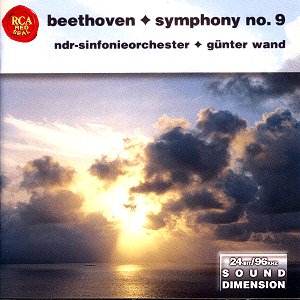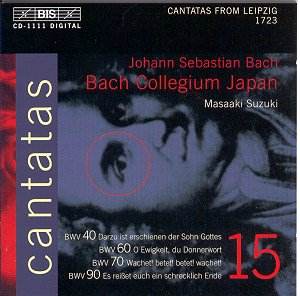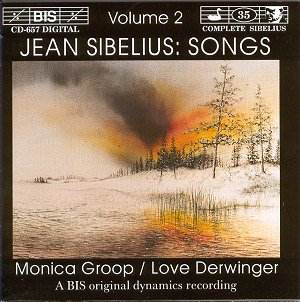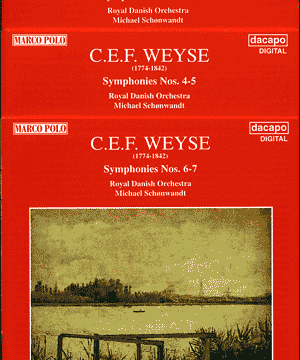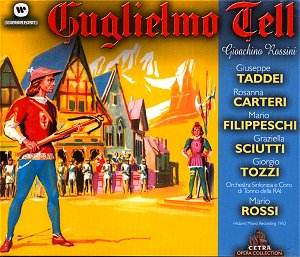 Composer: Gioachino Rossini
Composer: Gioachino Rossini
Works: Guglielmo Tell
Performers: Giuseppe Taddei (Guglielmo Tell), Rosanna Carteri (Matilde), Mario Filippeschi (Arnoldo), Giorgio Tozzi (Gualtiero), Plinio Clabassi (Melchtal), Graziella Sciutti (Jemmy), Miti Truccato Pace (Edvige), Fernando Corena (Gessler)
Recording: 13 November 1951, Turin
Label: WARNER FONIT 8573 87489-2 [3 CDs: 65.41, 47.27, 53.04]
Guglielmo Tell, Rossini’s last opera, stands as a monumental work within the operatic canon, often overshadowed by the composer’s earlier comic masterpieces. Written in 1829, it marks a significant departure from the light-heartedness of his previous operas, embracing a more serious narrative steeped in political themes and humanistic ideals. The opera’s historical context, set against the backdrop of Swiss nationalism, resonates with contemporary audiences, making it a pivotal work in Rossini’s oeuvre and a compelling subject for performance and recording.
This recording, featuring the RAI Symphony Orchestra under the baton of Mario Rossi, offers a fascinating lens through which to examine both the historical performance practices of the mid-20th century and the evolving interpretation of Rossini’s score. Rossi, having been recommended by Toscanini for a prominent role at La Scala, brings a nuanced understanding to the orchestral textures of Tell. His approach is marked by a keen sensitivity to the emotional undercurrents of the music, particularly evident in the Prelude, where the portamento-laden cellos evoke a lyrical warmth that contrasts with the more vigorous passages of the opera. These interpretative choices harken back to a pre-war approach to orchestral playing, emphasizing expressiveness over the crispness associated with contemporary performances.
The vocal performances on this recording are noteworthy, with Giuseppe Taddei’s Guglielmo delivering a portrayal that balances authority and lyricism. His voice, rich and commanding, navigates the character’s emotional turmoil with a depth that resonates throughout the opera. Rosanna Carteri, still in her early twenties at the time of this recording, exhibits a youthful vigor in her portrayal of Matilde. Her secure and radiant tone shines particularly in the aria “Sombre foret,” where she demonstrates remarkable control and expressive phrasing. Mario Filippeschi’s Arnoldo is another highlight, as he tackles the demanding role with both technical assurance and musicality that belies the challenges inherent in its tessitura.
While the performances are engaging, the recording quality presents a significant challenge. The Cetra sound, characterized by a close proximity to the voices and a boxy orchestral backdrop, often lacks the clarity and richness that modern listeners have come to expect. The choral forces, while robust, are somewhat masked by the strident treble of the recording, detracting from the overall sonic balance. Listening through headphones reveals a somewhat more rounded sound, but the historical engineering choices render this recording less than ideal for those seeking a pristine auditory experience.
In the context of other notable recordings, such as those by Chailly and Muti, this 1951 performance may not serve as a first choice for newcomers to the work, yet it remains a valuable document for those interested in the evolution of Rossini’s masterpiece. The roster of distinguished singers, including the esteemed Giorgio Tozzi and Fernando Corena, provides a robust framework that enhances the listening experience. Despite its technical limitations, the recording captures a unique moment in performance history, with Rossi’s interpretative insights and the performers’ dedication shining through the murky audio quality.
This recording of Guglielmo Tell, while not without its flaws, offers a compelling glimpse into the interpretative landscape of mid-20th-century opera. The strength of the vocal performances and Rossi’s thoughtful conducting provide a rich tapestry of sound that, despite the recording’s historical shortcomings, will resonate with opera aficionados and scholars alike. The performances showcase a commitment to the dramatic and emotional essence of Rossini’s score, making this a worthwhile addition to the collection of any serious opera enthusiast.
